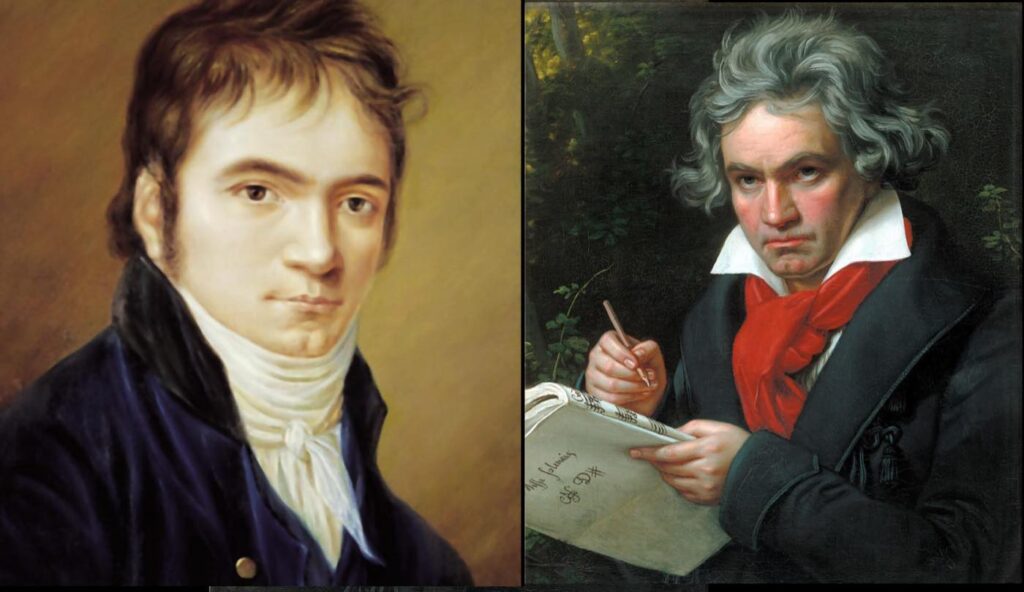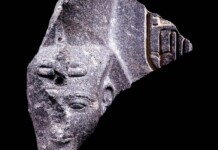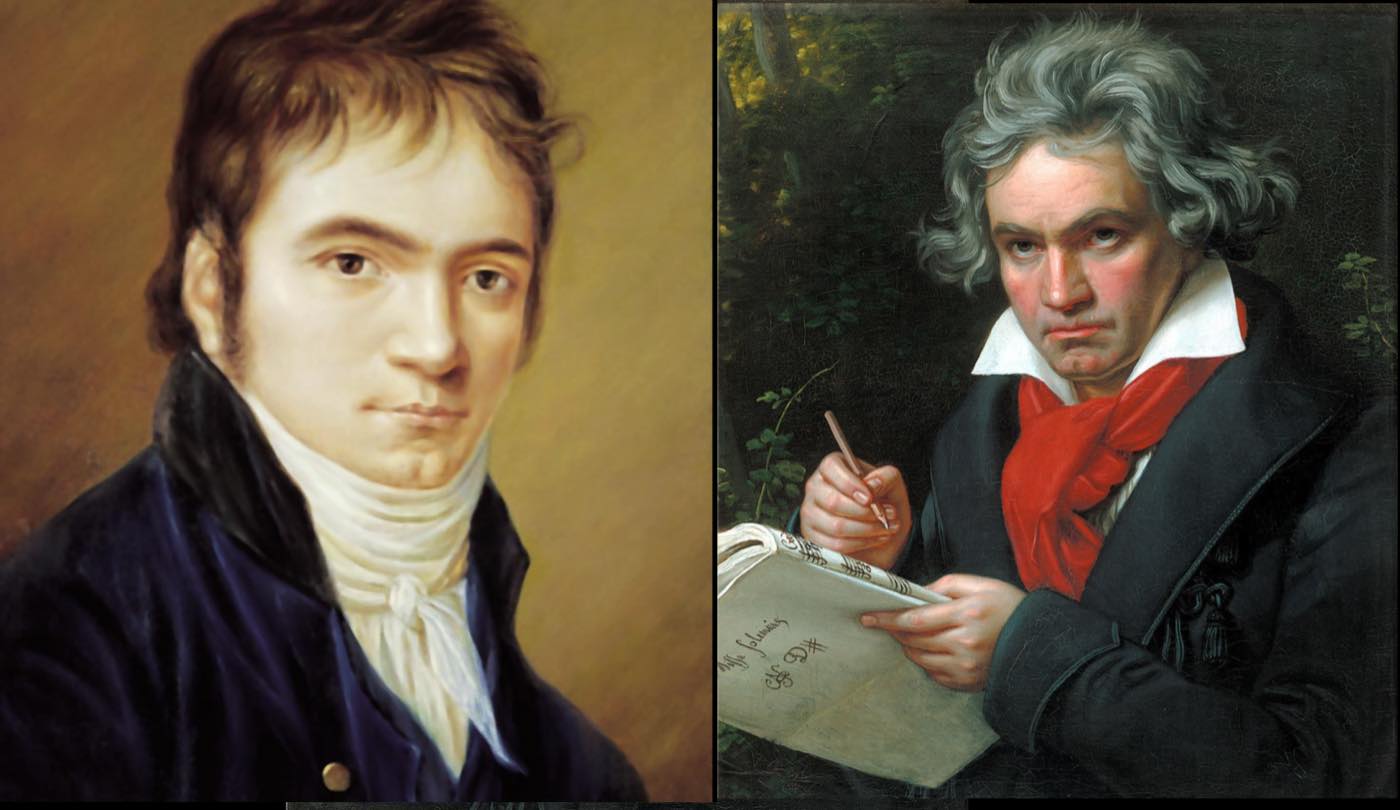
The famous composer Ludwig van Beethoven did not inherit much musical talent from his ancestors, according to a new study that shows his genes revealed quite a low predisposition for beat synchronization or musicality.
Researchers say the findings are a good example of how our DNA doesn’t determine what talents will be developed in life.
The team from Vanderbilt University Medical Center in Nashville, Tennessee, worked with colleagues from the Max Planck Institutes for Empirical Aesthetics in Germany and Holland.
They analyzed Beethoven’s DNA from a hair sample that was extracted for a different study last year.
They set out to investigate his genetic musical predisposition, an ability closely related to musicality—comparing his DNA to nearly 14,500 other people in databanks.
They used his recently sequenced DNA to calculate a polygenic score as an indicator for his genetic predisposition for beat synchronization.
“Interestingly, Beethoven, one of the most celebrated musicians in history, had an unremarkable polygenic score for general musicality—ranking between the 9th and 11th percentile based on modern samples,” said Vanderbilt doctoral candidate Tara Henechowicz.
His genetics were compared to population samples from the Karolinska Institute in Sweden and Vanderbilt’s BioVU Repository.
The authors who published the study this week in the journal Current Biology said it would be wrong to conclude that the maestro had little talent, but it does highlight the problems in making predictions based purely on DNA.

“The mismatch between the DNA-based prediction and Beethoven’s musical genius provides a valuable teaching moment because it demonstrates that DNA tests cannot give us a definitive answer about whether a given child will end up being musically gifted,” said Ms. Henechowicz.
INSPIRING: Orchestra Allows Deaf People to ‘Hear’ Beethoven Through Touch – Much Like the Maestro Did
Prior studies have found an average heritability, which is the proportion of individual differences explained by all genetic factors, of 42 percent for musicality.
“The current study and other recent work also suggest that environment plays a key role in musical ability and engagement as well,” added co-author Dr. Reyna Gordon.
“In the current era of ‘big data’, such as Vanderbilt’s BioVU repository, we have had the opportunity to look in fine detail at large groups of people to uncover the genetic underpinnings of traits such as rhythm ability or being musically active.”
ENCOURAGE A MUSICAL TALENT By Sharing the Motivation on Social Media…




















